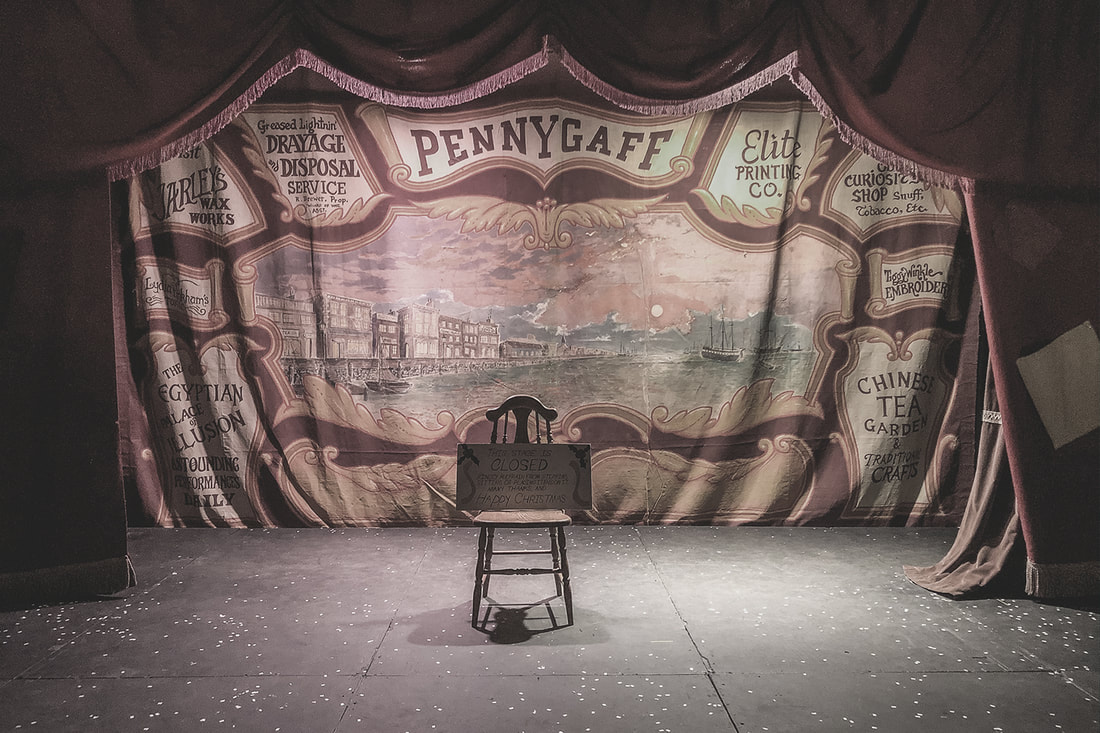What we do
AuspicingAre you applying for a grant and need an incorporated body to auspice your project? We can help.
See below for more details on Auspicing. |
Creative NetworkWe know creative people in the Great Southern and if we don't we know someone that will. Get in contact if you're looking for a creative partner.
|
Grant application helpGrants can be tricky, we've done it before and we can help. Come pick our brains and let's make your ideas fly.
|
Auspicing Guide: Part One
WHAT IS AUSPICING?
To ‘auspice’ To ‘auspice’ means to provide support, sponsorship or guidance.
Auspicing evolved because an unincorporated group may find it difficult to obtain funding such as grants, because funding bodies generally prefer to deal with an incorporated legal entity rather than a group of people. In addition, some funding bodies restrict grants to organisations with Deductible Gift Recipient (DGR) endorsement or Tax Concession Charity (TCC) status (most often held by certain types of established organisations). When an auspicing arrangement is set up, it’s important to have a written auspicing agreement so that all parties understand their role and responsibilities in the auspicing relationship. An auspicing agreement must be drafted with care because the auspicor is taking legal and financial responsibility for the auspiced project. Every auspicing relationship will be different and there may be specific or unusual issues that need to be covered in any particular auspice agreement in order to reflect the circumstances of the auspicee, the project and the requirements of the auspicor, the funding body, donors, sponsors, and the terms and conditions of the relevant funding (or other) agreement. Nonetheless this guide sets out information on some common issues and considerations, and guidance for parties in coming to an agreement on the terms of their arrangement.
|
Common auspicing arrangements
|
Some common auspicing arrangements include auspicing:
- of one-off events such as art exhibitions, concerts, fairs or festivals by arts organisations
- of pilot projects or program trials
- to incubate start-up groups
- of local playgroups and study groups by a larger organisation
- of youth projects
- of sporting programs or competitions, and
- of fundraisers to attract donors with the benefit of DGR or TCC status The following case studies illustrate some of the types of auspicing relationships and circumstances that give rise to auspicing arrangements.




